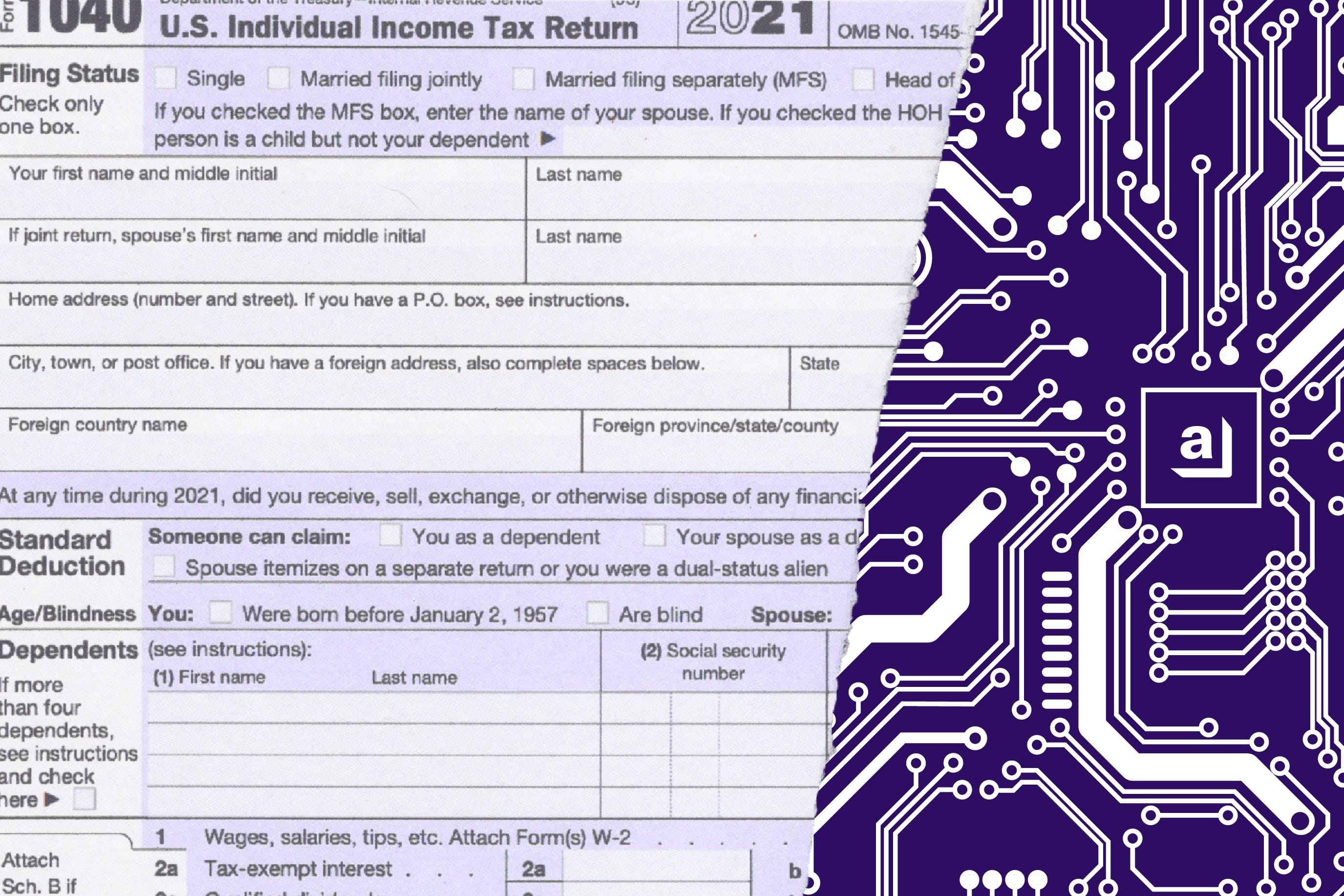Pill Text
Pill Text
Pill Text
Pill Text

As a tax professional and executive at an AI-powered tax company, I see a bright future for the finance industry and the people that work within it. In today’s rapidly evolving financial landscape, AI has emerged as a game-changer, and is quickly making a big difference in how finance professionals and everyday people manage money. By embracing AI and the digital revolution, the entire finance industry can provide more value to its clients by shifting from compliance driven task fulfillers to strategic leaders with product solutions.
AI is helping financial professionals grow in their roles by making money management simple, and assisting banks and financial institutions in building stronger relationships with their customers. I’m happy that tax is playing an important role in this paradigm shift.
From Task-Doers to Financial Strategists
In the past, tax and accounting professionals were required to fulfill even the most simple consumer financial tasks, which took up a lot of time. With time spent in other places and the tax accounting industry shrinking, many 1040 taxpayers are left underserved, without the information they need to navigate their complex tax landscape. However, with the advent of AI and digital tools, CPAs have elevated themselves to a more strategic role, focusing on high-net-worth clients and complex cases while empowering individual taxpayers to take control of their financial planning using AI-powered solutions.
AI’s increasing presence in the industry offers numerous opportunities for specialists to augment their skills and expertise. By harnessing AI-powered tools, they can automate repetitive tasks, analyze vast amounts of data more accurately, and provide personalized insights for clients. This, in turn, allows them to focus on strategic advising rather than solely focusing on compliance-driven issues.
Revolutionizing Personal Finance with AI
When it comes to taxes, wealthy individuals have always had access to accountants and financial experts for tax planning, but the average American hasn’t. AI is now making these experiences smoother for everyone by giving them more control over their taxes and a better understanding of their finances. As AI-driven tools become more popular, people can manage their money more effectively, whether they want an extra $50 per month for groceries or a larger tax refund in the future.
Through the use of AI-driven tax tools, banks can analyze individual financial data and provide tailored recommendations that cater to the unique needs of each customer. For example, AI can help consumers optimize their tax withholdings, enabling them to make informed decisions about whether to increase their take-home pay or receive a larger refund at the end of the year.
Banking on AI: Leveraging Tax Insights for Customer Success
Banks already offer financial planning services, IRAs, and other investment accounts, so it’s only natural for them to connect to the tax return, the richest source of economic data, to optimize consumer relationships and identify tax savings and better planning opportunities.
AI can help financial institutions traffic the intersection of an individual’s financial life with the tax code, and can empower them to make informed tax decisions year-round. This includes simple tax planning examples like withholding adjustments, which can significantly impact a person’s income. When financial institutions lead that charge, they can increase customer loyalty by providing customers with the right product at the right time.
Looking Forward
It’s crucial that finance, as a whole industry, educates people on the value of technology and that experts can work together with technology to create a better experience for consumers. By embracing this combination of human expertise and AI-driven insights, consumers can better understand their financial health, specialists can become strategic leaders, and organizations can serve their customers better.
AI technology is leveling the playing field and giving the finance industry the tools they need to create better services and products.
This content is provided for informational purposes only and should not be construed as tax, legal, financial, or other professional advice. Rules and regulations vary by location and are subject to change, so please consult with an expert if you need specific advice. Any data shared is subject to applicable law and consent.
Related Content
Related Content
Related Content
Related Content
There's more where this came from











